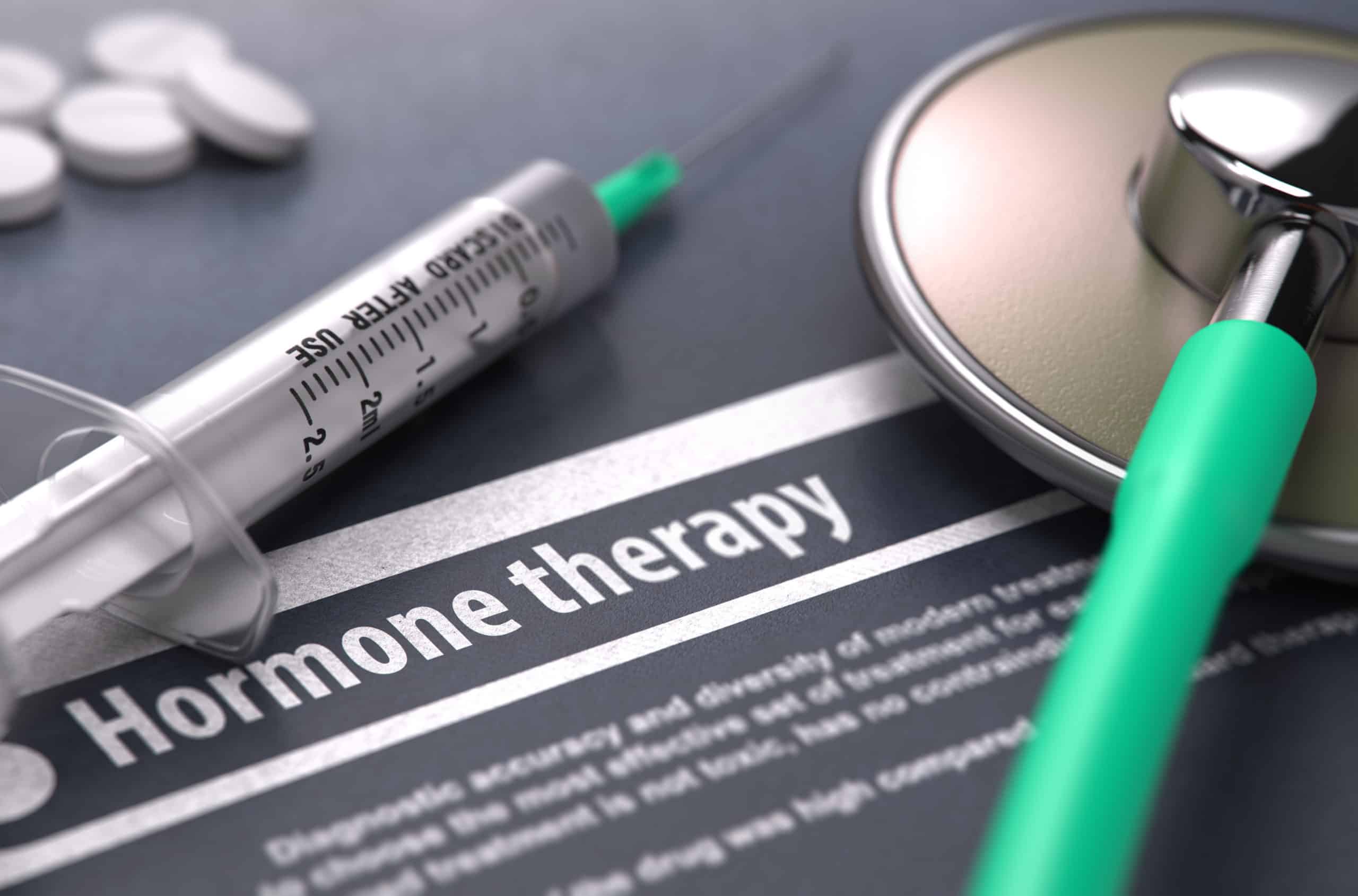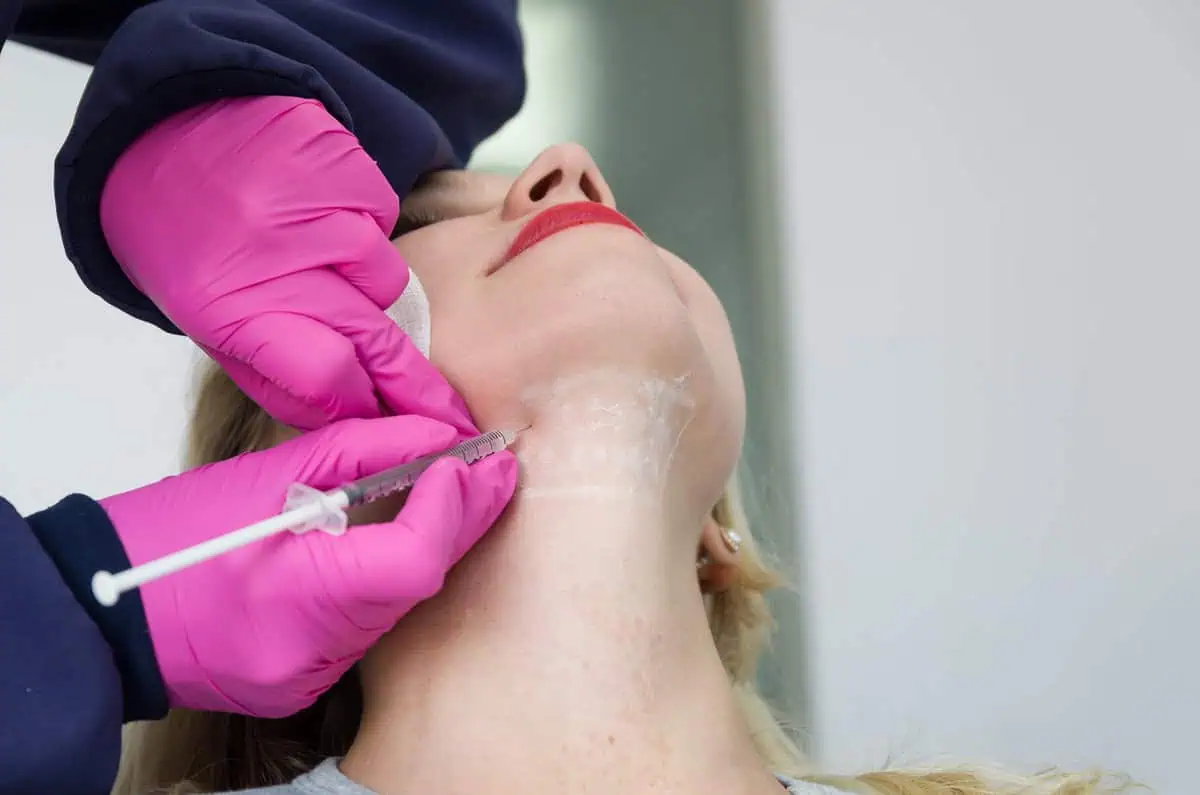When you hear “hormone,” your mind probably goes straight to sex. But for people with certain cancers—particularly breast, prostate, and other hormone-related cancers—hormones are a critical part of treatment. For some people, hormone therapy is the only way to manage symptoms caused by their cancer or its treatment. It can include a combination of medications that suppress your body’s production of certain hormones. This article will examine hormone therapy’s benefits, risks, and reasons. We’ll also discuss what to expect during treatment.
What is Hormone Therapy For Cancer?
Hormone therapy is a treatment that stops or slows down the growth of cancer cells in your body. It may also be called hormonal therapy, endocrine therapy, or anti-hormone therapy.
It’s used to treat many different types of cancer, including prostate cancer, breast cancer, and ovarian cancer. It can also help slow down the growth or spread of certain cancers that have spread beyond their original site.
This therapy uses hormones to target specific cells that are affected by cancer. Hormone therapy is often used with other types of treatment, such as radiation and surgery.
How Long Until You See Results?
Your doctor typically takes several weeks to see if hormone therapy works. You may have other tests done during this time, such as a physical exam or blood test. Your doctor will monitor any side effects you may experience during treatment and adjust the dosage of hormones accordingly.
If hormone therapy is working, your symptoms should begin to improve within three months of starting treatment. If it doesn’t work, your doctor may try other types of hormone therapy or a different treatment altogether.
If you have symptoms that haven’t improved after a year of hormone therapy, talk to your doctor about other options.
Is Hormone Therapy For Cancer Effective?
This depends on your type of cancer and how advanced it is when you start hormone therapy. Hormone therapies don’t usually cure cancer but can help slow down its growth and control symptoms like pain or hot flashes. They’re also sometimes used to help manage side effects from other treatments for breast cancer. The effectiveness of hormone therapies depends on several factors:
The Type of Cancer
Estrogen-receptor-positive cancers respond better to hormone therapy than estrogen-receptor-negative cancers do. Some breast cancers have both receptors (ER+/PR+), while others only have one receptor (ER+/PR-) or none at all (ER-/PR-). This means that some breast cancers may not respond well.
The Stage of Your Cancer
If you have advanced breast cancer that has spread, hormone therapy may not be effective. However, hormone therapy may be effective for women with early-stage breast cancer and for those whose cancer has not spread.
The Various Types of Hormone Therapy
There are different types of hormone therapy, and some may be more effective than others. For instance, tamoxifen is a popular treatment that blocks estrogen receptors in breast cancer cells. While tamoxifen does not cure breast cancer, it can help to reduce the risk of recurrence and improve survival rates.
The Dose of Hormone Therapy
In many cases, the dose of hormone therapy may need to be adjusted. For example, suppose you experience side effects such as hot flashes, headaches, and weight gain. In that case, your doctor may recommend increasing or decreasing how much estrogen is in your system.
Why Choose Hormone Therapy For Cancer?
Hormone therapy for cancer is an effective treatment option for many types of cancers. The goal is to stop the production or block the action of hormones that drive cancer cell growth. This treatment can either be used alone or combined with other treatments, such as surgery and radiation therapy.
It’s most often used to treat cancers sensitive to estrogen, progesterone, and testosterone. This includes breast, prostate, uterine, and testicular cancer. It may also be used for other cancers, such as certain brain tumors or ovarian cancers that have spread outside the ovary.
How Does Hormone Therapy For Cancer Work?
Hormone therapy works by lowering the number of hormones in your body. This can slow or stop cancer growth, which may help you live longer. If it’s given before surgery to remove a tumor, it may also shrink it to make it easier to remove.
In addition, it may reduce the risk of cancer returning after surgery or radiation. It can also be given after surgery or radiation to lower the risk of recurrence.
Hormone therapy for cancer can be given as a pill or an injection. You may need to take hormone therapy for a short time, or it may continue for years.
Hormone Therapy For Cancer vs. Other Methods
Hormone therapy is not the only way to treat breast cancer. Alternative treatments, such as surgery, radiation, and biological therapies, may be used. Some women with hormone-sensitive breast cancer may choose to undergo surgery alone if they feel hormone therapy will not benefit them.
It may also be combined with other treatments, such as radiation and surgery. This can be done to improve the outcome or reduce side effects. The decision to use hormone therapy is an important one. You should consult your doctor to discuss the risks, benefits, and other treatments.
Benefits of Hormone Therapy For Cancer
The benefits of hormone therapy include:
- Improved survival rates in women with hormone-sensitive breast cancer.
- Reduced risk of recurrence or new tumors developing in some women with hormone-sensitive breast cancer.
- Improved survival rates in men with prostate cancer.
- There is a lower risk of recurrence or new tumors in some women with hormone-sensitive breast cancer.
- Reduced risk of recurrence or new tumors developing in some women with hormone-sensitive breast cancer.
- Improved survival rates in men with prostate cancer.
Potential Risks and Side Effects of Your Hormone Therapy For Cancer
Hormone therapy may cause side effects such as hot flashes, vaginal dryness, and headaches. It can also result in increased blood pressure and weight gain. Some women may experience sexual desire or function changes, but this is uncommon.
This may not be appropriate for women with a history of blood clots. Women taking estrogen alone may have an increased risk of blood clots in the legs, lungs, or heart. In addition, hormone therapy can increase the risk of stroke in women older than 65 who smoke.
Conclusion
Hormone therapy may be seen as an effective treatment for some breast cancers. However, it is not appropriate for all patients. Women should discuss the benefits and risks with their doctors before deciding on this treatment.
If you’re interested in getting hormone therapy as part of your cancer treatment, visit MSpa at Mystic. They will help you decide if hormone therapy is right for you. They also have other services to make you look good inside and out, such as CoolSculpting and Botox.









